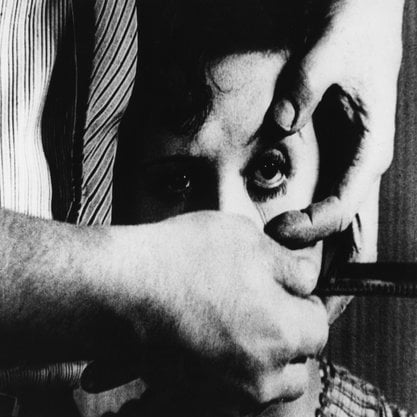Article
Horkheimer, Max (1895–1973) By Edgar, Andrew
Article
Born near Stuttgart, Germany, the philosopher Max Horkheimer, who obtained his doctorate from the University of Frankfurt, is best known as a leader of the Frankfurt School, along with Theodor W. Adorno and Jürgen Habermas. From 1930 to 1958 (with a significant hiatus from 1934 to 1948), Horkheimer served as the Director of the Institut für Sozialforschung (Frankfurt Institute for Social Research), founded in 1923 to promote multidisciplinary research in the social sciences with a particular focus on Marxian thought; along with his colleague Adorno, Horkheimer was responsible for developing the distinctive form of Marxist philosophy that framed this research through the methodologies of German critical theory. Instead of just describing social systems through “objective” means, critical theory would endeavor to uncover the social context and raise questions about truth and social justice, acknowledging also that critical theory cannot produce universal truths. At best, the critical theorist simply expresses the contradictions and falsehoods of the society within which they work. Critical theory was applied in a sweeping analysis of Western civilization in Dialektik der Aufklärung (1947; Dialectic of Enlightenment), in which Adorno and Horkheimer argued that the progress of enlightened Western culture was simultaneously a regression into a new barbarism and an entanglement in myth. In modernist art, such as the work of James Joyce and Pablo Picasso, Horkheimer identified a crucial source of resistance to the political and economic oppression of late capitalist society. Horkheimer, who was Jewish, escaped Nazi Germany and taught at Columbia University from 1935 to 1941; he lived in Los Angeles during the 1940s, but eventually returned to Germany where died in Nuremburg in 1973.



